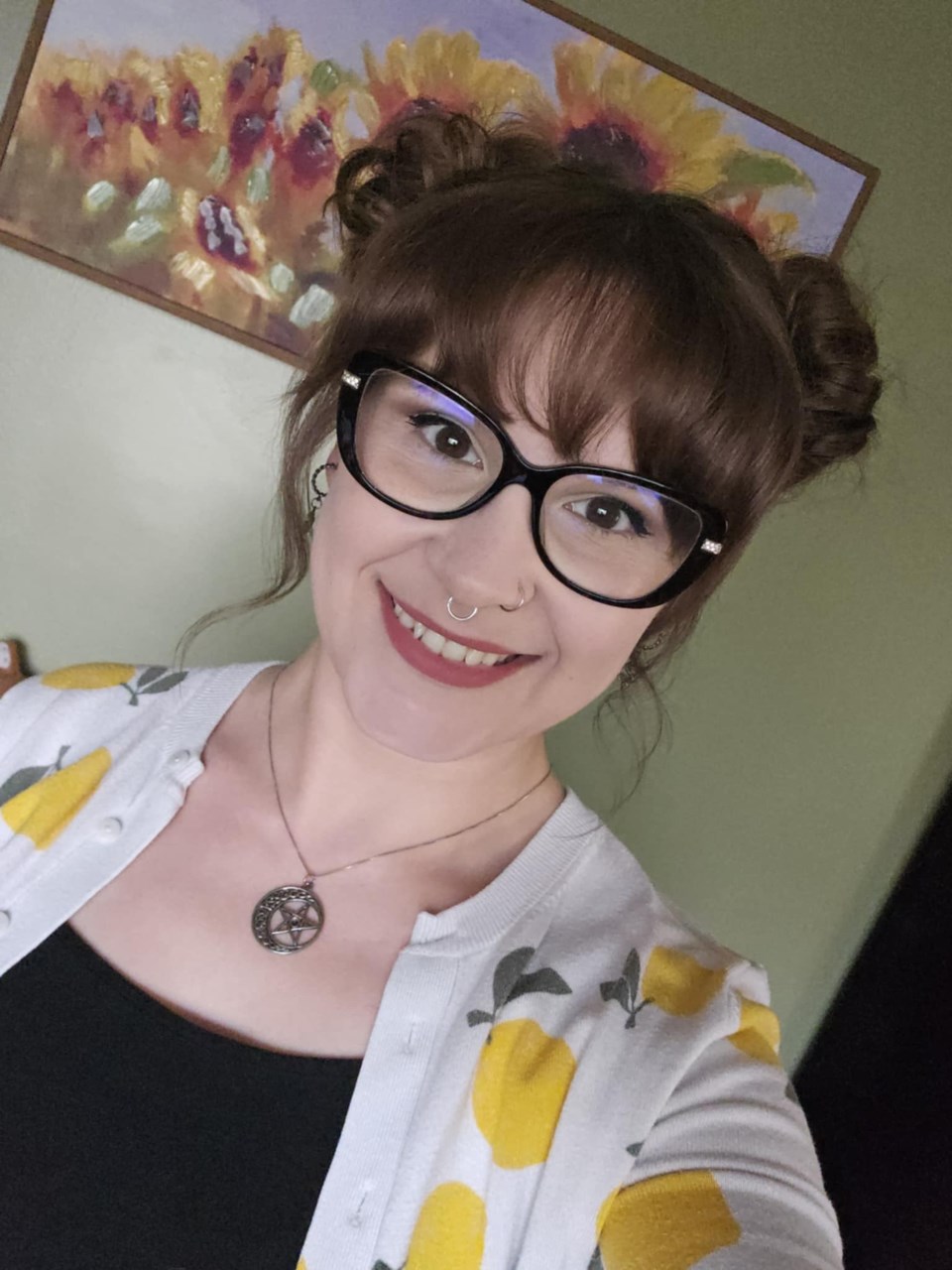COLD LAKE - Wendy Wiley a resident of Cold Lake has worked hard to build a stable life in her hometown.
Raising her daughter largely on her own, she speaks openly about mental health and safety in the workplace. But behind the stability is a harrowing personal history of addiction, trauma, misdiagnoses, and ultimately, survival.
"I am a wife. I grew up here. I graduated from here in 2003. Returned to the area in 2014 and lived here ever since.”
Wiley first entered the mental health system as a middle school student in Cold Lake. “We were having some issues with emotional disturbances,” she recalls. “At the time it was the school counselors who I was referred to, and that's where everything kind of started.”
Over the next two decades, Wiley would cycle through virtually every facet of the mental health system: guidance counselors, therapists, social workers, psychiatrists, inpatient and outpatient programs. “I've run the gamut,” she says.
During her youth and into her twenties, Wiley experienced extreme emotional highs and lows, often acting out and self-medicating with drugs. “I got addicted to drugs. Anything to stop what was happening in my mind.”
She describes years of mental breakdowns, impaired driving episodes, and hospitalizations. “I would basically take any and all drugs that was in within arm's reach… in the hopes that it would all end.”
Through it all, she maintained a full-time job. “I lived kind of a double life for most of those years.”
Wiley’s journey through diagnoses was long and painful: anxiety, depression, bipolar disorder, seasonal affective disorder, and borderline personality disorder. Each brought new medications, most of which only worsened her condition. “Having the wrong medication exacerbated symptoms that I didn't even have.”
Eventually, therapists stopped treating her. “When you get that diagnosis Bipolar Disorder [BPD], most therapists will write you off… the disorder is so stigmatized even in the mental health community.”
In 2014, she left an abusive, gang-affiliated relationship and began a new chapter. She got clean and sober, began therapy again, and started working to rebuild her life. But it wasn’t until 2021, following another breakdown after the death of her grandmother, that she finally received an accurate diagnosis.
“After another consultation with a different psychiatrist, finally got the diagnosis that I have just been autistic this entire time and those breakdowns were actually autistic meltdowns due to having to mask and try to live in a neurotypical world.”
The diagnosis brought clarity.
“It explained my whole life… It doesn't excuse the negative behavior I ever endorsed. I made choices and I was essentially a shitty human for a large period of my life. But the reason for it is because I was not given the supports that I actually needed because I was not provided with a diagnosis back when I was a child.”
Wiley is now a vocal advocate for better support and earlier interventions in mental health. She credits her survival and continued healing to a strong support network and her job, which was understanding during her autism diagnosis and the emotional unpacking that followed.
“The support network I had was super important, and that's something that not a lot of people have access to,” she says. “Had the supports been there to get me an early diagnosis when I was a child, the rest of my life maybe would have been different.”
Wiley now uses her story to promote safety and awareness in her workplace. “I am not ashamed because these things shaped me who I am now… I feel that the opposite of fear is being informed and so if you talk about it and you get the message out, the more people will become less fearful to talk about it.”
Her message for Mental Health Month is clear: talk, advocate, and be kind.
“There are free resources… speak, like please, dear God, speak. You only can advocate for you,” she urges. “You don't realize what the battle is behind everybody else… just be kind.”
Wiley hopes more people will see mental health for what it is—an essential part of life that deserves compassion, attention, and understanding.
“I think it's important too that more people talk about it. There's such shame and I feel like that's silly because I wouldn't be the good person that I am without understanding my mental health.”



